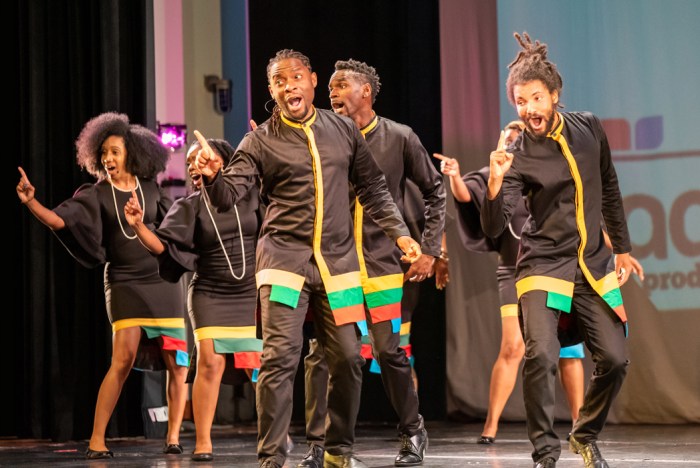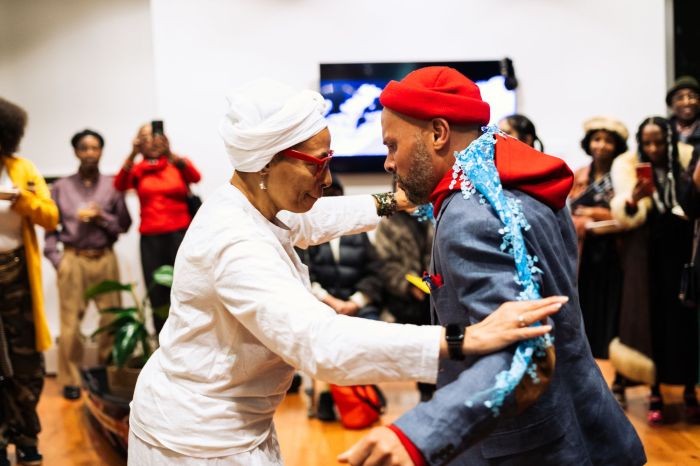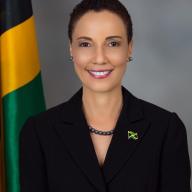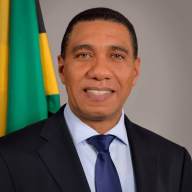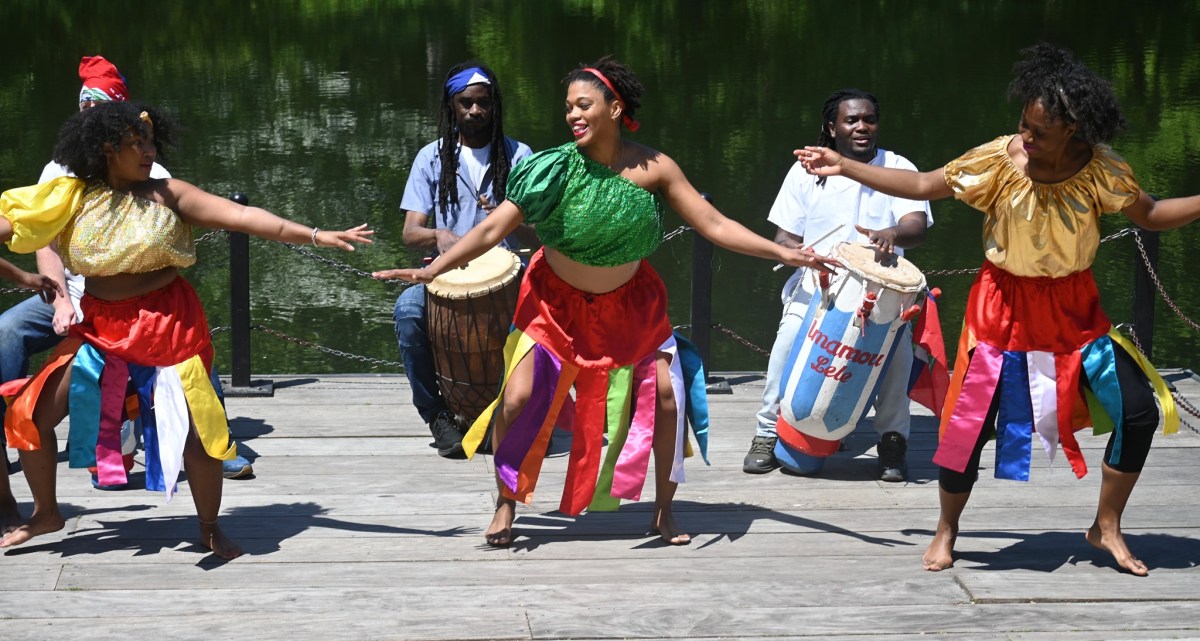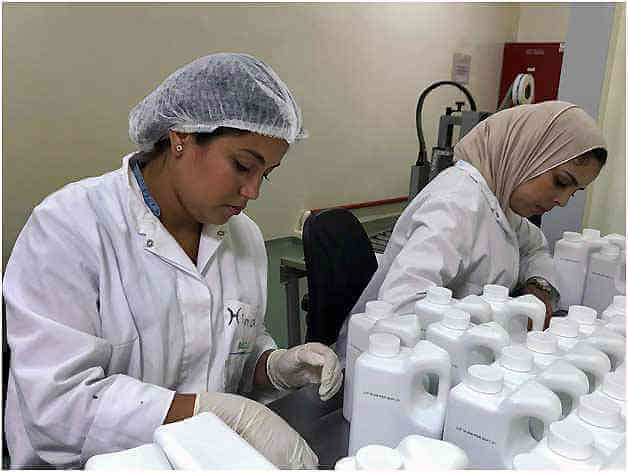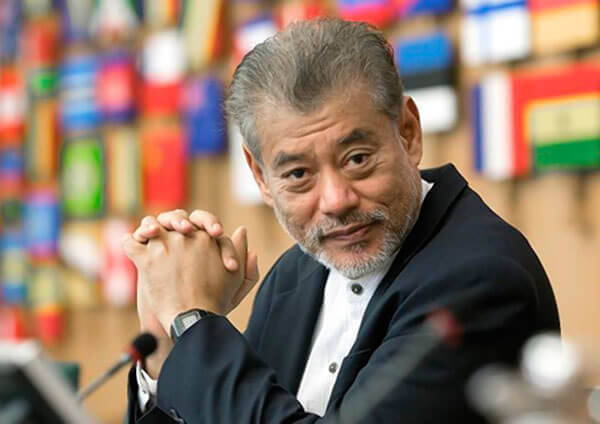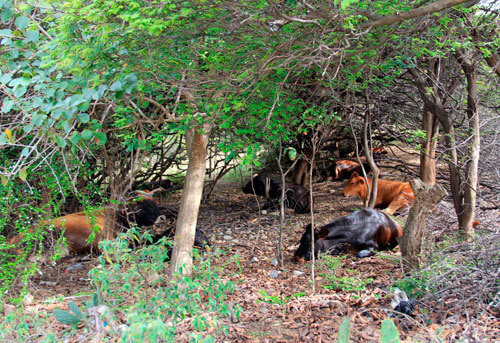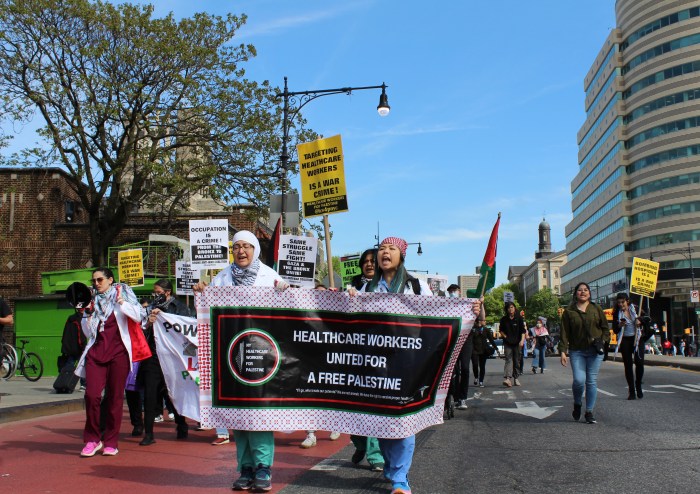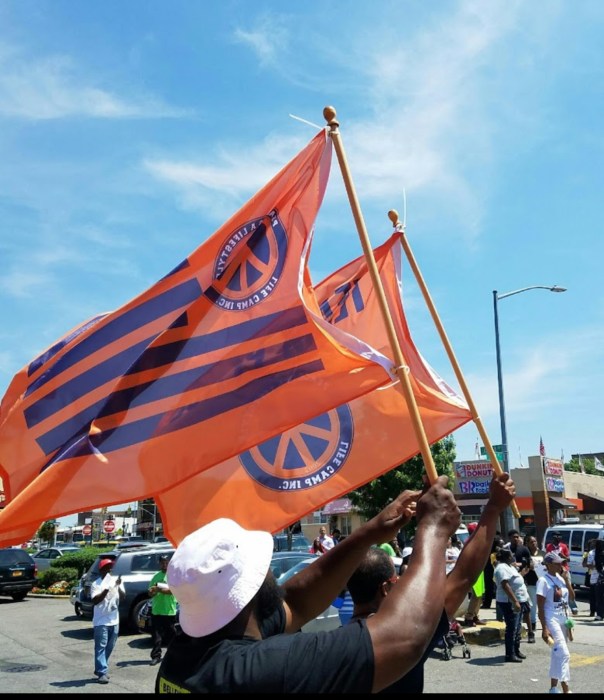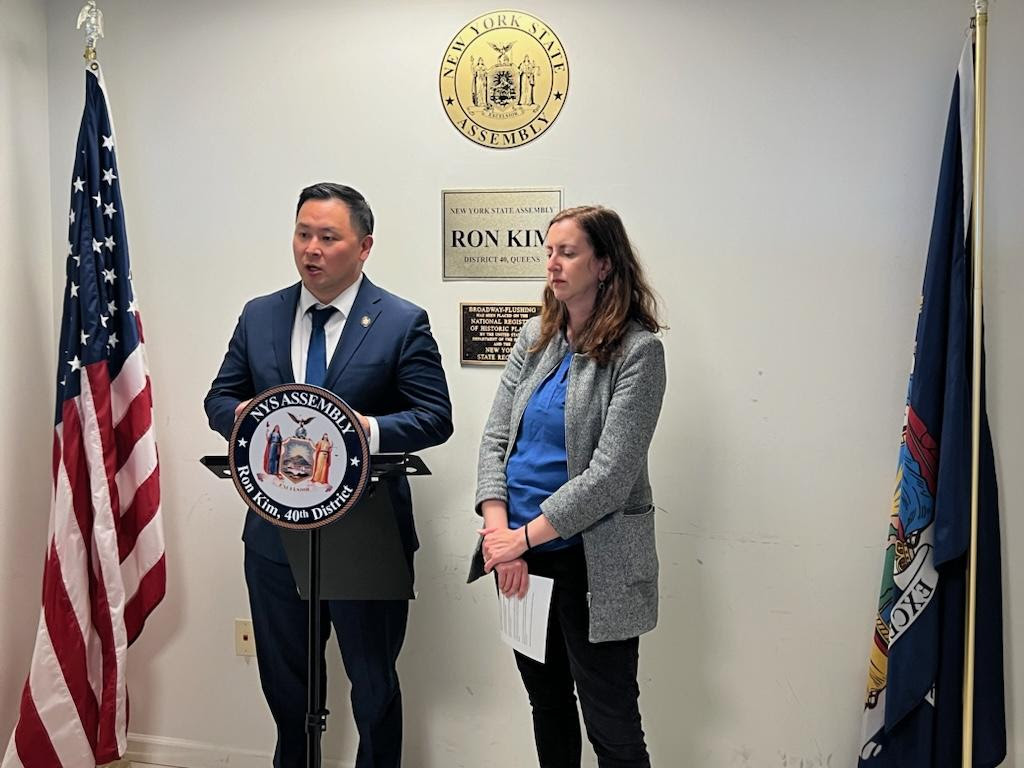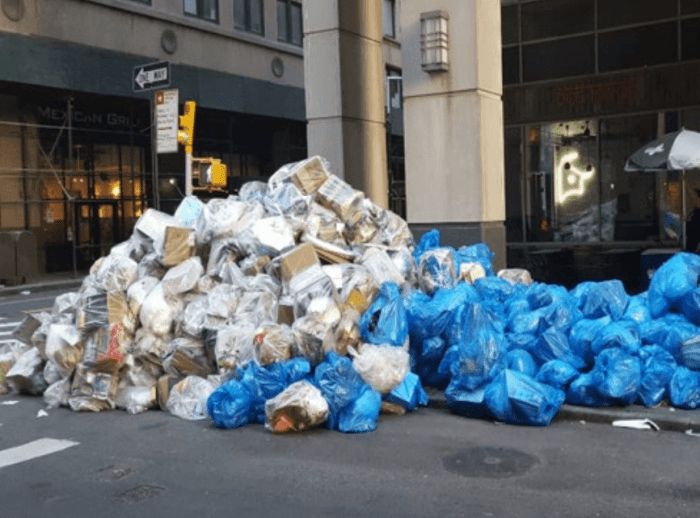The United Nations says Dominica is on the climate-change front-line a year after Hurricane Maria wreaked havoc on the island.
In the second part of a special report marking the one-year anniversary of hurricanes Irma and Maria hitting the Caribbean, the UN looked at how the global body has responded, helping communities to get back on their feet, and preparing them for the inevitability of more damaging hurricanes in the future.
The UN said Dominica has been rebuilding its education system in the aftermath of Maria and preparing for the coming hurricane season.
The European Commission provided the UN Children’s Fund, UNICEF – working with the Government of Dominica and IsraAID – with 500,000 euros to support the education sector across all 72 schools, the UN said.
“The rebuilding has not just been taking place in the physical sense, but also in terms of preparing teachers and students to respond appropriately during a natural disaster like a hurricane,” the UN said.
UNICEF also launched a “Return to Happiness” program for the thousands of children affected by the hurricanes, helping them to work through their trauma using play, writing, drama and poetry.
But the UN said the people of Dominica are not alone. It said that, across the islands of the eastern Caribbean, citizens, communities and governments are developing ways to improve their hurricane readiness.
The UN said it is playing a major part in helping them to become more resilient, and better able to withstand the next season, “as extreme weather events grow in frequency and scale.”
It noted that the Eastern Caribbean islands are no stranger to life-threatening weather conditions, stating that the UN Economic Commission for Latin America and the Caribbean (ECLAC) has identified the region as the second most hazard-prone in the world, after the Asia-Pacific region.
As well as hurricanes, the UN said inhabitants face threats, such as floods and volcanoes, with regular annual losses from disasters estimated at US$3 billion per year.
In its 2018 Caribbean Outlook report, ECLAC recommended that governments in the region improve resilience by undertaking recovery and reconstruction assessments, according to the UN.
Following the back-to-back battering from Irma and Maria, the UN noted that Dominica has taken this message on-board.
Shortly after the hurricanes, the UN alluded to Dominican Prime Minister Roosevelt Skerrit as saying: “Our devastation is so complete that our recovery has to be total, and so we have a unique opportunity to be an example to the world, an example of how an entire nation rebounds from disaster and how an entire nation can be climate resilient for the future.”
To reach this goal, the UN said the Dominican Government created a task-force to determine best practice across every sector and enforce new disaster mitigation measures throughout the island.
The UN said it played “an important role and, even in the very early days of the humanitarian recovery efforts, started planning for resilience.”
The UN said its Development Program, UNDP, restored over 800 buildings for the most at-need people in Dominica, and Antigua and Barbuda, trained hurricane-affected Dominicans to rebuild their own communities, and ensured that roofs were put up in accordance with improved building codes.
In addition, the UN said UNDP looked at existing building standards and, where necessary, reviewed them and raised them to bolster resilience.
“The aim is to enable Dominica to rebound from a Category 5 storm in a matter of weeks, rather than months or years,” the UN said.
Raúl Salazar, Head of the UN Office for Disaster Risk Reduction (UNISDR) for the Americas and The Caribbean said that preparedness in the region has improved over the last year.
“With the contribution of the international community and cooperation among countries of the region, the affected islands have initiated a process of ‘risk informed’ recovery in sectors as diverse as education; with a safe school perspective, where schools are able to resist the impact of hurricanes; tourism, with a strong engagement of the private sector to re-establish services; and the building of national disaster risk reduction plans,” he said.
However, one of the big fears for the coming years, according to Raúl Salazar, is the unpredictability brought about by climate change.
“Through changing temperatures, precipitation and sea levels, amongst other factors, global climate change is already modifying hazard levels and exacerbating disaster risks,” he said, adding that “climate change will contribute an additional US$1.4 billion to the expected annual losses from cyclone wind damage alone.”
For the UN Secretary-General, Antonió Guterres, climate change remains an overriding factor in the devastation wreaked by hurricanes Irma and Maria, according to the UN.
Speaking on a visit to Dominica and Barbuda shortly after the hurricane struck, he said: “the intensity of hurricanes in the Caribbean in this season is not an accident. It is the result of climate change.”
As more and more countries are affected, and the associated costs, human and financial, continue to rise the international community is moving towards “meaningful action,” the UN said.
It noted that, in 2015, the Paris Agreement was signed, committing all countries to undertake ambitious efforts to combat climate change.
And, because reducing carbon emissions is no longer enough to halt climate change, the UN said States agreed to a “Global Adaptation Goal”, strengthening the ability of the most vulnerable countries to deal with its effects.
The UN said one of the crueler ironies of climate change is that, while they contribute less than 1 per cent to total greenhouse gas emissions, the Small Island Developing States tend to suffer disproportionately from its effects.
Just weeks after the hurricanes devastated his nation, Dominican Prime Minister, Roosevelt Skerrit, in an emotional address, told the UN General Assembly:
“The stars have fallen, Eden is broken… We as a country, and as a region, did not start this war against nature. We did not provoke it. The war has come to us!”




